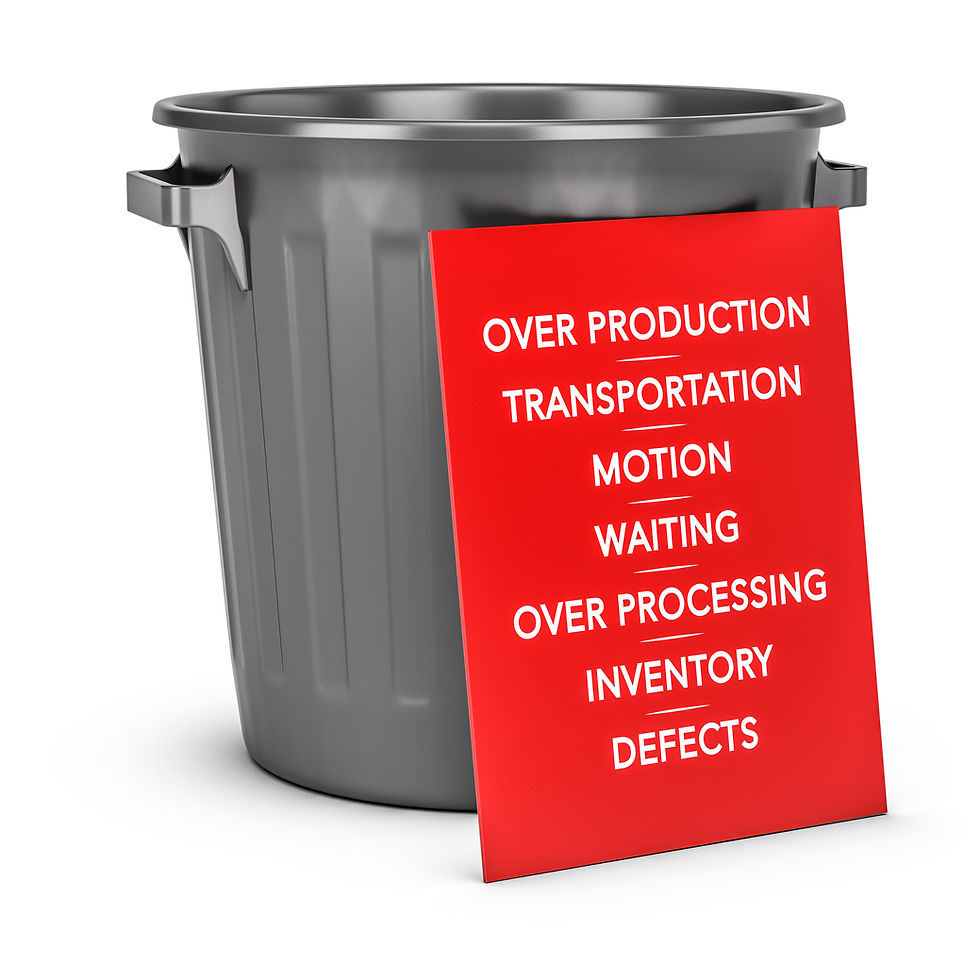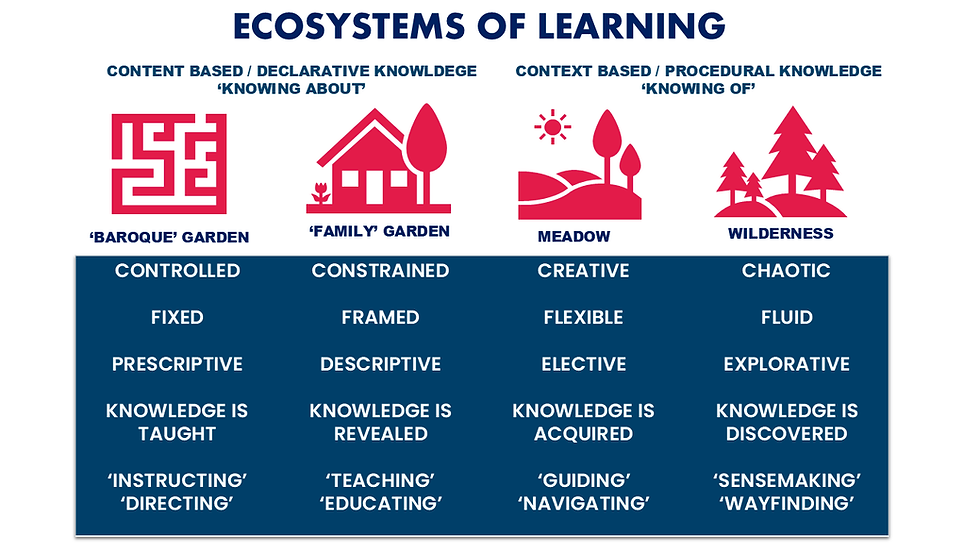Updated: Feb 10

During my early morning dog walk, with Flo wearing her flashing collar in the darkness, I found myself reflecting on some recent conversations with people in workforce development roles that have highlighted a fairly widespread issue… the widespread undervaluation of workforce development professionals and the systemic and cultural barriers they face.
Most roles involve supporting and developing other humans, whether explicitly stated or not. Unless your work is entirely process or machine-driven, people development is an inherent part of almost every position. This is particularly true for those specifically tasked with developing the sport and physical activity workforce – the individuals who directly interface with participants, whether they're leading exercise classes or guiding athletes on their talent development journey.
Several years ago, the S&PA sector in the UK recognised that the qualifications framework that we were operating under was not providing the required level of training or ongoing support to practitioners. There was also a recognition that they were cumbersome and inflexible which meant that they were acting as a barrier to people from under represented groups entering the workforce. In essence, qualifications were an efficient form of coach training but they were not effective...we needed something different, a new approach and some new thinking.
The world renowned management consultant Peter Drucker famously noted, "There is nothing so useless as doing efficiently that which should not be done at all." This resonates with the challenges faced in workforce development, where workforce development leaders are often forced to prioritise efficiency over effectiveness.
A good friend of mine used to work for Toyota, he introduced me the Toyota management principles, which have become synonymous with operational effectiveness and efficiency across the globe and are often referred to in lean and agile management discussions. One of the elements that stuck with me is the concept of waste reduction (Muda). Looking at systems through a ‘muda’ lens has the goal of reducing waste leading to more efficient and effective production systems.
Traditionally, there are seven types of waste in production systems: overproduction, inventory, transportation, waiting, over-processing, motion, and defects. There are many of these forms of waste in existing workforce development systems - I think often about the over processing involved in asking people to get together folders and folders of paper to be used as ‘evidence’ that they are competent!
However, there's an eighth waste that's particularly relevant to those of us in workforce development roles….the waste of human potential.
This eighth waste manifests clearly in workforce development teams, which are typically under-resourced both in terms of human capital and financial support. Many organisations allocate minimal budgets to workforce development, and in some cases, these departments are expected to generate revenue just to break even – I find this perplexing in what should be considered a vital investment in ensuring that those who are at the front line, providing sports experiences are well supported to provide the best experience possible.
The challenge often stems from leadership's limited understanding of workforce development's value. Some leaders have a tendency to focus on two primary concerns: organisational performance outputs (participation numbers, memberships, income, etc) and risk management (safeguarding, governance, legal compliance). While these are legitimate concerns, this narrow focus often leads to overlooking the potential of proper workforce development to support these goals.
I've always struggled to understand why sports leaders struggle to make the connection between investing in people development and the impact that it would have on their business.
As workforce development professionals, I don't think we help ourselves. I do believe that we need to adapt our communication approach.
I’ve learned this the hard way…
I’ve spent hours preparing detailed slide decks and business cases explaining the different approach that we are taking and how we are going to do it only to be faced a load of blank faces and the dreaded ‘so what?’ question!
I would come away really frustrated…thinking “they just don’t get it!”.
I now realise the issue was with me…I was speaking a different language…they don’t speak ‘workforce’, and why would they?
I now realise that instead of focusing on the 'how' of initiatives, I need to articulate the 'what' in terms that resonate with leadership priorities. For instance, rather than detailing the intricacies of an integrated training model, we might present it as a solution to reduce stakeholder complaints by X% or increase workforce development income substantially.
The waste of human potential is particularly acute among those tasked with building development systems within organisations. These individuals often receive minimal support while being expected to deliver significant outcomes. Their experience mirrors the parable of the cobbler's children – always helping others while lacking support themselves..
This challenge isn't unique to sport and physical activity sectors; it reflects broader neoliberal approaches to organisational management where growth and production often overshadow human development. However, by recognising and addressing 'the eighth waste', we can begin to create more effective, sustainable approaches to workforce development that benefit both individuals and organisations.
My role now is to act as a ‘thinking partner’ to support these workforce development professionals. By being another pair of eyes helping them make their case effectively while providing the guidance and understanding they often lack from their own leadership. It's about enabling them to serve their stakeholders effectively while satisfying organisational requirements – a delicate balance that requires both strategic thinking and emotional resilience
As someone who has worked extensively in this field, I find it crucial to share these insights and support others facing similar challenges. If you're working in workforce development and these experiences resonate with you, know that you're not alone in this journey and there are people out there who can help. If you would like to book a free call to explore any of these challenges then please get in touch and we we can set something up.
This post is adapted from my latest ‘Dog walk diary’ podcast.



